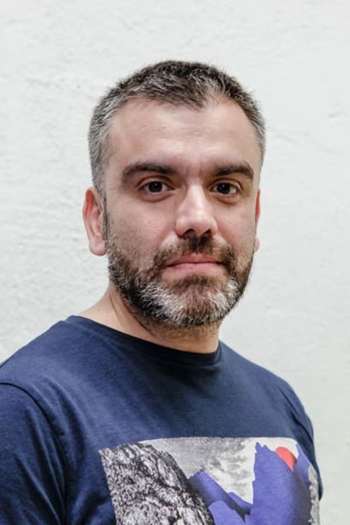
José Luis Torres Leiva
1975 (51 год)He has made a considerable number of short films and independent videos. The Sky, the Earth and the Rain (2008) was his first feature film. Supported by the Hubert Bals Fund (HBF), it was nominated for a Tiger Award and won the FIPRESCI Award at IFFR in 2008. Summertime has also been supported by the HBF and had its premiere at the Venice film festival in 2011.
Nada pertenece a la memoria
José Luis Torres Leiva
Pedro Chaskel
Pedro Chaskel, director, editor and post-producer. Based on domestic memories, and accompanied by representative fragments,tries to reconstruct the most important works of his career and motivations.
Nada pertenece a la memoria
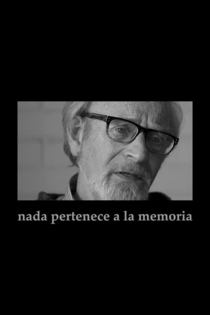
Sobre cosas que me han pasado
José Luis Torres Leiva
Claudio Riveros
Based on the book by author Marcelo Matthey, this short film narrates his own life in a style reminiscent of school compositions. His constant strolls through streets, houses and beaches are recorded in notes of what he saw, felt or thought during these wanderings or moments, but almost only recalling the processes, the timeline in which things occur and come to mind, the trail of associations coming one after the other, like the steps of a person walking along a street. Immediate impressions, fleeting moments normally lost in time and which are captured in the images and sounds of this film.
About Things That Happened to Me
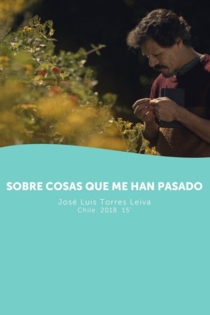
El Viento Sabe Que Vuelvo A Casa
José Luis Torres Leiva
Ignacio Agüero
Looking for extras and locations, a filmmaker settles on Chiloé, the second largest island off the coast of Chile. He does auditions, but mainly listens patiently to the stories of young and old people. As an outsider, he cautiously searches for the soul of the community and its underlying tensions.
The Winds Know That I'm Coming Back Home
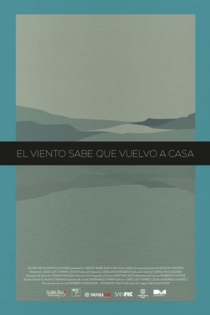
Ningún lugar en ninguna parte
José Luis Torres Leiva
Gabriel Díaz, Diego Muñoz
No Place in Anywhere can deal with many issues. It is a personal journey through image and time. It is the portrait of the "La Matriz" neighborhood in Valparaíso. It is the encounter between reality and fiction. It is the constant search to find a truth within the documentary. It is a musical rehearsal. It is the constant preparation of a documentary. It is a documentary of questions more than answers. A silent face, an empty road, a winter landscape, the wind moving the leaves of a tree, a wall, the sea, the street of a neighborhood, all of them intend to "create through the record" a unique truth for each viewer.
No Place in Anywhere

Ver y escuchar
José Luis Torres Leiva
Blind and deaf people converse, question, surprise and educate each others. Fingers move about quickly, translation follows promptly, both visible and audible, hands get touched and squeezed, and out of their tactfulness, sentences, stories, reserve and emotions arise
See and Listen

¿Qué historia es ésta y cuál es su final?
José Luis Torres Leiva
Ignacio Agüero, Sophie França
A prominent Chilean documentary director shares his family album with the film editor of his late works. A review of one hundred photographs and a quiet conversation will rise to memories of the films of one of the most personal filmmakers.
¿Qué historia es ésta y cuál es su final?
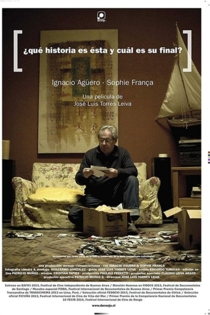
El tiempo que se queda
José Luis Torres Leiva
The time that Rests is a contemplative look at the daily life of the José Horwitz Barak Hospital, one of the oldest psychiatric facilities in Chile, located in the north of Santiago. It is not a film about madness, but about the passing of time in a certain place, which is reflected in simple things, in faces, in objects, nature, places, details, the humanity of the people portrayed. It is a film where every subtle visual and sound element becomes relevant.
The Time that Rests

Como me da la gana II
Ignacio Agüero
Pablo Larraín, José Luis Torres Leiva
Just like in 1985, today Ignacio Agüero is back interrupting filmmakers during shooting, but not to ask what he did thirty years ago, but to find out what is purely cinematographic in what they film. These conversations are related to images in the director's personal archive, as if what is truly cinematographic was found among bits that were never made for the screen.
Como me da la gana II
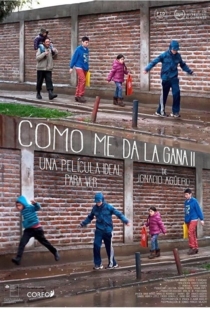
El cielo, la tierra y la lluvia
José Luis Torres Leiva
Julieta Figueroa, Angélica Riquelme
Ana, Verónica, Marta, and Toro are four lonely people who live an unadventurous and quiet existence in southern Chile. They are with each other without the need of using words, trying to save themselves in a stealthy and extreme way. In order not only of getting away of the loneliness that constitutes their innermost core, but also of finding themselves, they reach for each other to get brotherly and sexual love, affection, and a space and time of their own.
The Sky, the Earth and the Rain
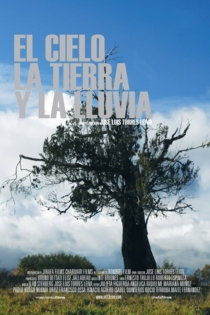
Verano
José Luis Torres Leiva
Rosario Bléfari, Francisco Ossa
During one hot summer day, little things happen to the visitors and workers of an old thermal resort in southern Chile. Julieta, Francisco, Isa, Rodrigo, Ignacio, Mariana, Muriel, Gabriela, Eliseo, Norma, Alejandra and Claudio experience the long vacation hours in nature, sleeping in the sun, learning how to drive, cleaning the house, kissing for the first time, swimming at night or just walking and talking, while the day slowly unravels into small fragments of happiness and discovery.
Verano
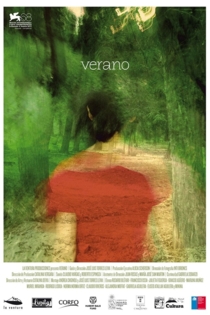
Todas las cartas que nunca envié
José Luis Torres Leiva
A film about the ghosts of those letters that never reached their destination.A neighborhood detained in time that nevertheless will change irremediably and that keeps the memory of thousands of secret stories, hidden in its streets, houses and corners. Mothers who seek reconciliation with their daughters, confessions of unrequited love, loneliness and many searches for an answer that will never come.
All the Letters that I Never Sent
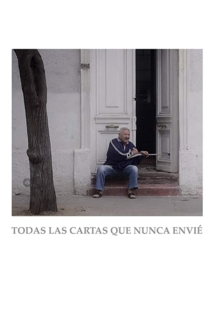
Vendrá la muerte y tendrá tus ojos
José Luis Torres Leiva
Amparo Noguera, Julieta Figueroa
Two women who have spent their whole lives together must deal with the illness affecting one of them. The sick woman decides not to have treatment and they move into a cabin in the woods to wait for the day that death will come into their lives. The situation sees the resurfacing of the love that time had buried under the routine. Gradually their relationship will strengthen as death bides its time outside the cabin.
Death Will Come and Shall Have Your Eyes
